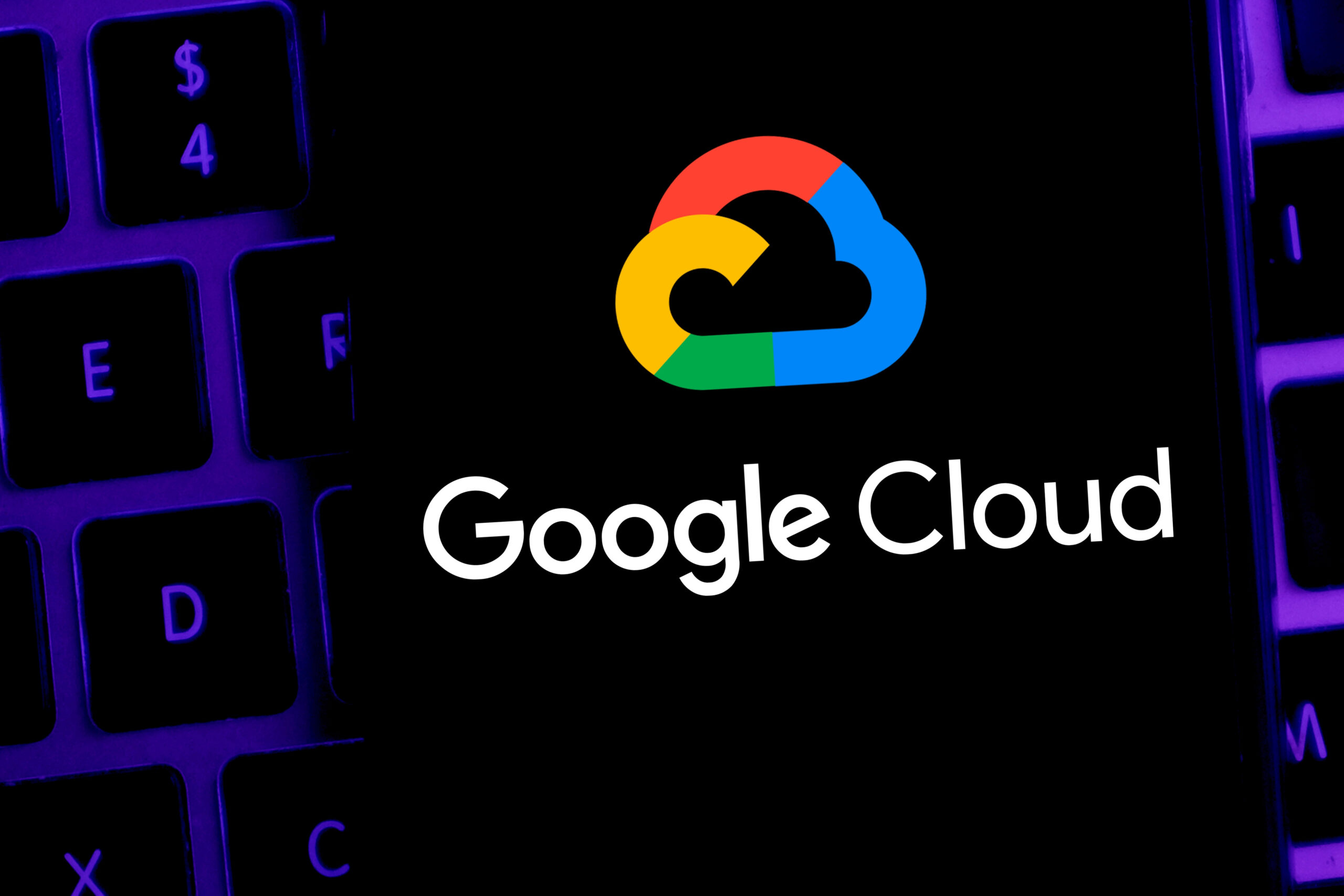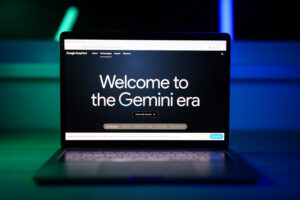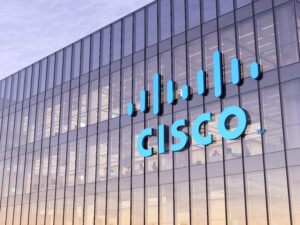In an era where cyber threats are evolving at an alarming rate, Google Cloud is taking a bold step to enhance security for its users. You may have heard about the upcoming mandatory implementation of multi-factor authentication (MFA) across Google Cloud services. This move, set to roll out in early 2024, is not just another security update—it’s a game-changer in the realm of secure access. As you navigate the ever-changing landscape of cloud computing, understanding the implications of this new policy is crucial. This article will explore why Google Cloud’s mandatory MFA is a significant leap forward in protecting your digital assets and how it will reshape the future of cloud security.
Understanding Multi-Factor Authentication and How It Works

Multi-factor authentication (MFA) is a security mechanism that requires users to provide two or more verification factors to gain access to a resource such as an online account, application, or VPN. This approach significantly enhances security by adding layers of protection beyond the traditional username and password combination.
How MFA Works
MFA typically involves three types of authentication factors:
Something you know (e.g., password, PIN)
Something you have (e.g., smartphone, security token)
Something you are (e.g., fingerprint, facial recognition)
When logging in, users must provide at least two of these factors. For instance, after entering a password, you might be prompted to enter a one-time code sent to your phone or use a fingerprint scanner. This process ensures that even if one factor is compromised, unauthorized access is still prevented.
Benefits of MFA
MFA offers several advantages:
Enhanced Security: It significantly reduces the risk of unauthorized access, even if passwords are stolen or guessed.
Compliance: Many industries require MFA to meet regulatory standards.
Flexibility: Various MFA methods can be implemented to suit different user needs and security levels.
By implementing mandatory MFA, Google Cloud is taking a proactive stance in protecting user accounts and sensitive data from increasingly sophisticated cyber threats.
The Rising Threat Landscape Driving the Need for Stronger Security
In today’s digital age, the cybersecurity landscape is evolving at an unprecedented pace. As organizations increasingly rely on cloud services, they face a growing array of sophisticated threats that can compromise sensitive data and disrupt operations.
The Evolving Nature of Cyber Attacks
Cyber criminals are constantly refining their tactics, employing advanced techniques such as AI-powered attacks, deepfakes, and supply chain infiltrations. These threats are becoming more targeted, persistent, and difficult to detect, making traditional security measures insufficient.
The High Stakes of Data Breaches
The consequences of successful attacks are more severe than ever. Data breaches can lead to substantial financial losses, regulatory penalties, and irreparable damage to an organization’s reputation. In 2022 alone, the average cost of a data breach reached $4.35 million, highlighting the critical need for robust security measures.
The Limitations of Password-Only Authentication
Relying solely on passwords for account protection is no longer adequate. Weak or reused passwords, phishing attacks, and credential stuffing have rendered this method vulnerable. Cybercriminals can easily exploit these weaknesses, gaining unauthorized access to sensitive systems and data.
As the threat landscape continues to evolve, it’s clear that stronger, multi-layered security approaches are essential. Google Cloud’s move to mandatory MFA represents a proactive step in addressing these challenges, setting a new standard for cloud security in an increasingly perilous digital world.
Why Google Cloud is Making MFA Mandatory for All Users
Enhancing Security in the Face of Evolving Threats
Google Cloud’s decision to make multi-factor authentication (MFA) mandatory for all users stems from the escalating sophistication of cyber threats. As hackers develop more advanced techniques to breach traditional password-based security systems, MFA provides a crucial additional layer of protection. By requiring users to verify their identity through a secondary device or method, Google Cloud significantly reduces the risk of unauthorized access, even if passwords are compromised.
Addressing the Limitations of Password-Only Security
Passwords alone are no longer sufficient to safeguard sensitive data and systems. Users often reuse passwords across multiple accounts or choose easily guessable combinations, making them vulnerable to brute-force attacks. MFA addresses these weaknesses by introducing a “something you have” factor (like a smartphone or security key) in addition to the “something you know” factor (password). This combination dramatically decreases the likelihood of successful account takeovers.
Setting a New Industry Standard
By mandating MFA, Google Cloud is not only protecting its users but also setting a new benchmark for security practices in the cloud industry. This proactive approach demonstrates Google’s commitment to data integrity and user safety, potentially influencing other providers to follow suit. As organizations increasingly rely on cloud services for critical operations, such robust security measures become essential for maintaining trust and compliance with data protection regulations.
How MFA Will Impact the User Experience on Google Cloud
Enhanced Security with Minimal Friction
As Google Cloud implements mandatory multi-factor authentication (MFA), you’ll notice a significant boost in your account security. While this change may seem daunting at first, Google has designed the process to be as seamless as possible. You’ll experience an additional step during login, but this small effort translates into a substantial increase in protection against unauthorized access.
Adapting to New Login Procedures
Your login routine will change slightly. Instead of relying solely on a password, you’ll need to provide a second form of verification. This could be a code from an authenticator app, a push notification to your phone, or a physical security key. While it might take a moment to adjust, you’ll quickly find that this extra step becomes second nature.
Increased Peace of Mind
With MFA in place, you can rest easier knowing your Google Cloud resources are better protected. This added layer of security significantly reduces the risk of account compromise, even if your password is somehow exposed. You’ll have greater confidence in the integrity of your data and the safety of your cloud-based operations.
Potential Challenges and Solutions
Some users may initially find MFA slightly inconvenient, especially when accessing accounts from new devices. However, Google Cloud is providing comprehensive support resources to help you navigate this transition smoothly. From step-by-step guides to responsive customer support, you’ll have the tools needed to adapt to this new security paradigm with minimal disruption to your workflow.
The Long-Term Benefits of Multi-Factor Authentication for Cloud Security
Multi-factor authentication (MFA) is more than just an extra step in the login process—it’s a crucial investment in long-term cloud security. By implementing mandatory MFA, Google Cloud is setting a new standard that promises significant benefits for users and organizations alike.
Enhanced Protection Against Sophisticated Attacks
MFA provides a robust defense against a wide array of cyber threats. By requiring multiple forms of verification, it significantly reduces the risk of unauthorized access, even if passwords are compromised. This added layer of security is particularly effective against phishing attacks, which have become increasingly sophisticated in recent years.
Building a Culture of Security Awareness
The adoption of MFA helps foster a security-conscious mindset among users. As individuals become accustomed to this additional step, they’re more likely to recognize the importance of protecting their digital assets. This heightened awareness can extend to other areas of cybersecurity, creating a more resilient organization overall.
Cost-Effective Risk Mitigation
While the initial implementation of MFA may require some investment, the long-term cost savings are substantial. By preventing security breaches, organizations can avoid the hefty expenses associated with data loss, system downtime, and reputational damage. In essence, MFA serves as a cost-effective insurance policy against potentially catastrophic security incidents.
Compliance and Trust
As regulatory requirements around data protection become more stringent, MFA helps organizations stay compliant with industry standards. This not only avoids potential legal issues but also builds trust with clients and partners who value strong security measures. In an era where data breaches can erode consumer confidence, MFA demonstrates a commitment to protecting sensitive information.
Key Takeaways:
As you navigate the evolving landscape of cloud security, Google Cloud’s mandatory MFA implementation stands as a pivotal moment in the industry. By embracing this change, you’re not only fortifying your digital assets but also contributing to a more secure cloud ecosystem. Remember, the initial adjustment period is a small price to pay for the long-term benefits of enhanced protection. As cyber threats continue to escalate, your proactive adoption of MFA will position you at the forefront of security best practices. Google Cloud’s initiative catalyzes widespread security improvements, potentially influencing industry standards. Ultimately, this mandatory MFA rollout represents a significant step towards a safer, more resilient digital future for all cloud users.
More Stories
Google Cloud Marketplace Elevates Loyalty with New Perks and Incentives
Google Cloud Marketplace has taken a significant stride in this direction by unveiling a suite of new perks and incentives designed to bolster customer loyalty.
IBM and Oracle Forge AI-Driven Hybrid Cloud Alliance
IBM and Oracle formed a strategic alliance to integrate AI solutions within hybrid cloud environments. This collaboration focuses on merging IBM’s advanced watsonx AI tools with Oracle’s strong Cloud Infrastructure.
Kakao Plans Advanced AI-Ready Data Center in Gyeonggi to Boost Service Resilience
The company will build an advanced AI-ready data center in Namyangju, Gyeonggi Province. Notably, this ambitious project is set for completion by 2028. It responds to key lessons from the October 2022 service disruption.
Quark’s Deep Search: Alibaba’s AI App Redefines China’s Search Landscape
Alibaba’s Quark AI app is making waves with its groundbreaking “deep search” feature. By harnessing the power of its Qwen AI models, Quark elevates traditional search functions, offering users precise, context-rich answers to intricate questions.
SAP’s Cloud Crusade: Leadership Anchored as ERP Transformation Accelerates
SAP has extended CEO Christian Klein’s contract until April 2030 and CFO Dominik Asam’s until March 2028. This decision highlights the company’s commitment to cloud transformation.
Gamuda Powers Malaysia’s Digital Leap with Google’s Data Center Deal
Google has awarded Gamuda Berhad a significant contract to develop a hyperscale data center in Malaysia. This collaboration highlights Google’s investment strategy to strengthen cloud infrastructure and AI capabilities in Southeast Asia.


